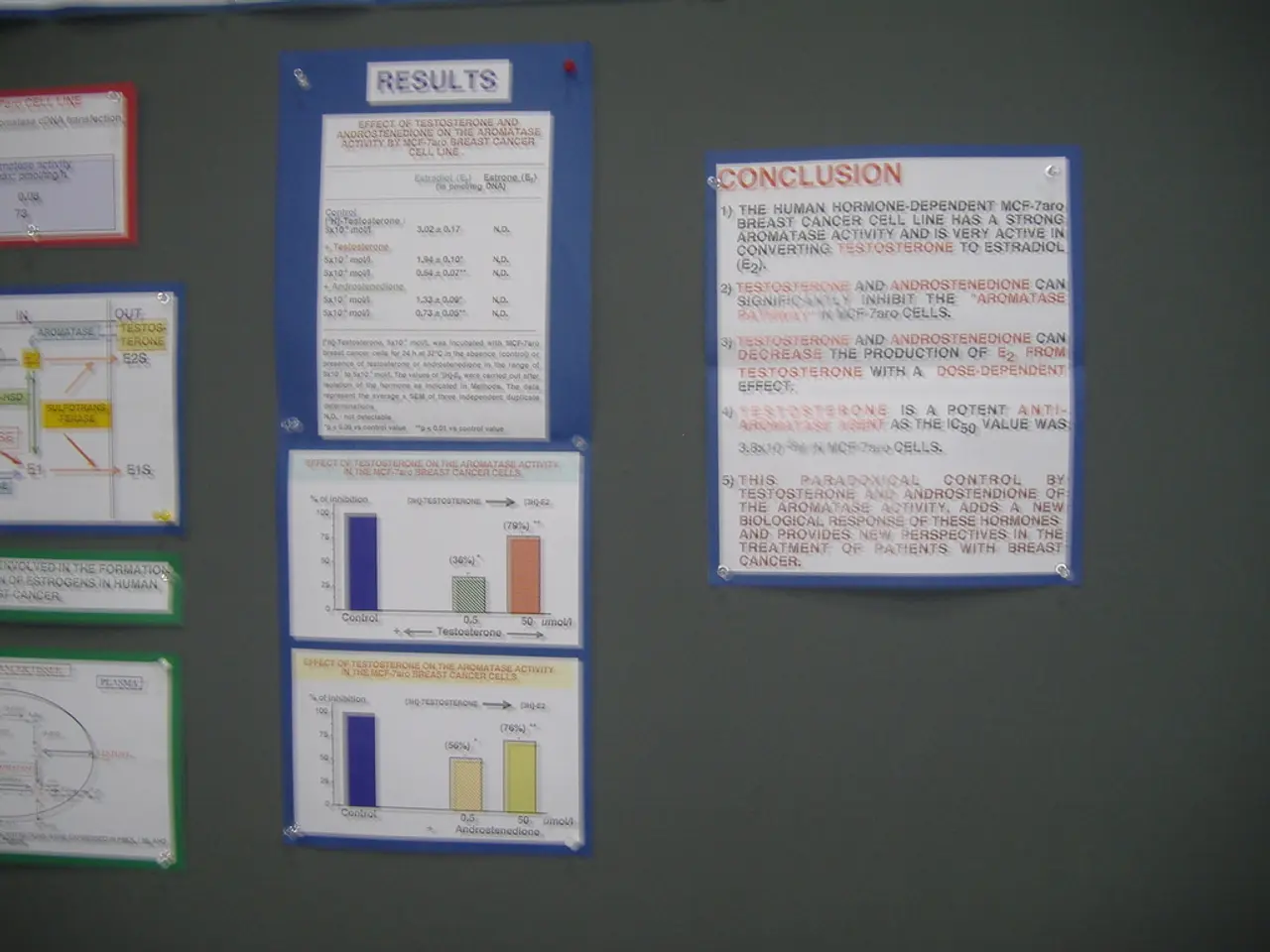New legislation passed by HMRC places an excessive demand on tax advisers, according to professionals in the field.
The UK government has announced a series of reforms aimed at enhancing the tax collection process and raising standards in the tax advice market. The focus is on the HM Revenue and Customs (HMRC) department, with plans to assign additional funding and powers to it, with the goal of raising over £1bn in additional gross tax revenue, as per Rachel Reeves' plans.
To achieve this, the government will invest £36m to modernize existing registration services and streamline processes. One of the key strategies is to target only those agents who pose the greatest compliance risk, as recommended by Richard Atkinson. This approach aims to avoid regulatory duplication in the new legislation.
The proposed law, part of the government's drive to raise standards, will be introduced within the Finance Bill 2025-26. From April 2026, tax advisers will be required to register and meet minimum standards, a move aimed at improving the quality of tax advice and ensuring compliance.
However, the broad scope of the legislation has raised concerns among some legal professionals. Richard Atkinson, President of the Law Society, has criticised the current framework, stating it "risks imposing significant new burdens and uncertainty on advisers". He has also pointed out that the broad definitions of 'tax adviser' and 'interaction with HMRC' could unnecessarily impact legal professionals who are not tax specialists.
Atkinson has further suggested providing greater clarity on the differences between firm-level and individual-level regulations, and avoiding any unwieldy or unfair aspects in the legislation. He has expressed doubts about whether the proposed legislation will deliver better outcomes for taxpayers.
The HMRC spokesperson has acknowledged these concerns and stated that they are currently reviewing feedback received as part of their recent consultation on the matter. They have also emphasised their commitment to working closely with the tax adviser community to strengthen compliance and maintain public confidence in the tax system.
Meanwhile, the government is continuing the rollout of Making Tax Digital (MTD) for income tax self-assessment. Sole traders and landlords with qualifying income over £20,000 will join from April 2028. The policy paper and draft legislation for this requirement were published in July, following a consultation carried out in 2024.
In addition, the German government has required taxpayers (businesses) obligated to use mandatory e-invoicing for VAT purposes to register with HMRC and meet certain minimum standards from April 2026. This applies broadly to all taxpayers issuing invoices in business-to-business transactions as part of Germany's rollout of mandatory e-invoicing by 2026.
The HMRC spokesperson has reaffirmed their commitment to working with the tax adviser community, stating that they are committed to working closely with them to strengthen compliance and maintain public confidence in the tax system.
Read also:
- Catastrophe at a U.S. Steel facility in Pennsylvania results in the loss of two lives. crucial details unveiled
- Manipulating Sympathy: Exploiting Victimhood for Personal Gain
- Prices remain a concern for the Germans
- Auto Industry Updates: Geotab, C2A, Deloitte, NOVOSENSE, Soracom, and Panasonic in Focus




